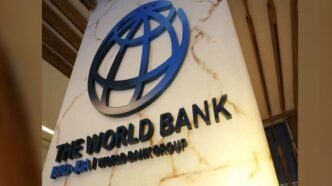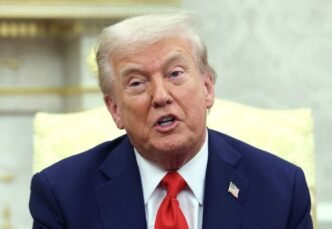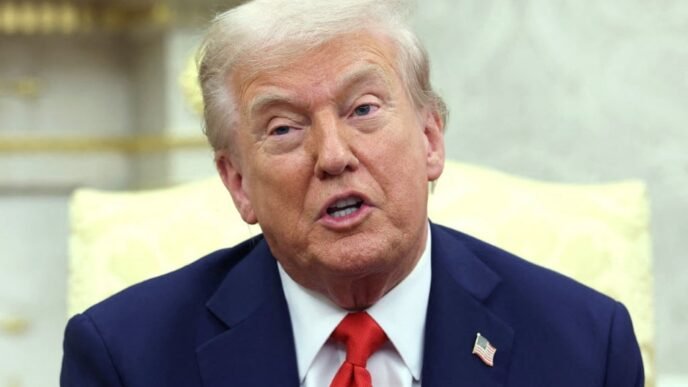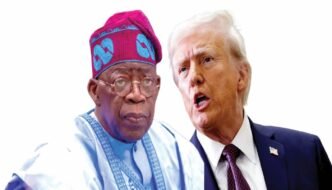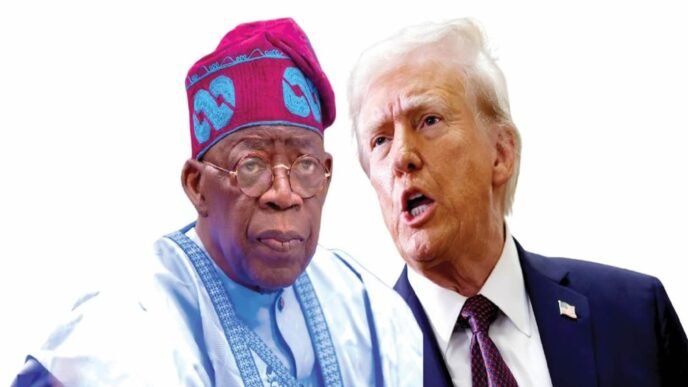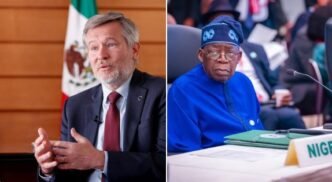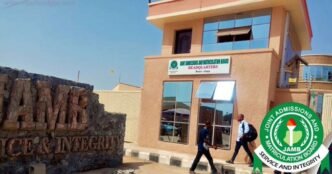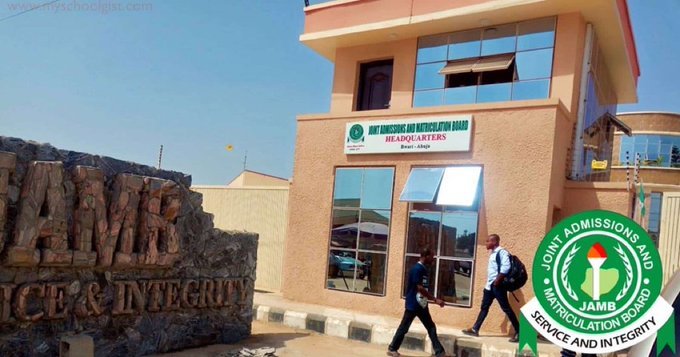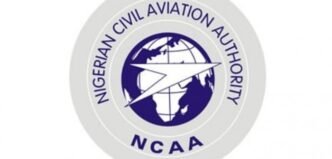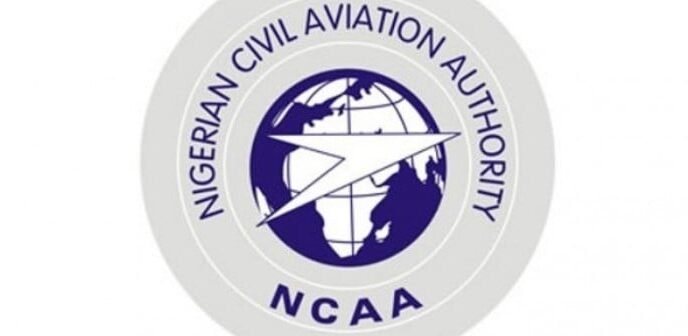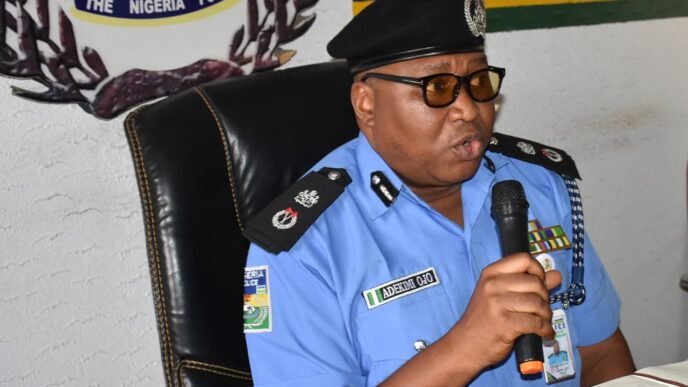ABUJA, Nigeria — November 2, 2025
The World Bank has scheduled December 16, 2025, as the tentative approval date for a new $1 billion Development Policy Financing (DPF) package for Nigeria, under an initiative titled “Nigeria Actions for Investment and Jobs Acceleration (P512892).”
According to an official project information document published by the global lender on October 27, the proposed funding will be split into two equal parts: a $500 million International Development Association (IDA) credit and a $500 million International Bank for Reconstruction and Development (IBRD) loan.
The program is part of the World Bank’s Macroeconomics, Trade, and Investment practice for the Western and Central Africa region, aimed at supporting the Nigerian government’s ongoing economic reforms, boosting private sector participation, and promoting job creation across the country.
A Boost for Economic Reform and Private Investment
The World Bank said the new initiative seeks to reinforce Nigeria’s structural reform efforts and enhance investment competitiveness following the removal of fuel subsidies and the unification of the exchange rate system earlier this year.
According to the Bank, the “Nigeria Actions for Investment and Jobs Acceleration” program is designed to consolidate macroeconomic stability, improve fiscal management, and expand access to productive jobs, particularly for the youth and women.
“The operation supports the Federal Government’s reform momentum aimed at restoring macroeconomic stability and accelerating inclusive private-sector-driven growth,” the Bank stated in its summary document.
The program is expected to help Nigeria strengthen fiscal discipline, improve transparency in public finance, and attract new investments to stimulate growth in key sectors such as manufacturing, agriculture, digital economy, and renewable energy.
Details of the $1 Billion Package
The proposed $1 billion facility is structured under the Development Policy Financing (DPF) framework — a financing instrument used by the World Bank to provide budget support directly to governments implementing policy and institutional reforms.
Out of the total amount, $500 million will come from the IDA, which offers concessional financing for low-income countries at near-zero interest rates, while the remaining $500 million will be sourced from the IBRD, which provides loans at market-based terms for middle-income economies.
This dual financing structure reflects Nigeria’s classification as a blend country, meaning it is eligible for both concessional and non-concessional lending due to its large economy but moderate income levels.
Supporting the Renewed Hope Agenda
The new loan aligns with President Bola Ahmed Tinubu’s “Renewed Hope Agenda”, which emphasizes economic reform, investment growth, and job creation as central pillars for national development.
Since taking office in May 2023, Tinubu’s administration has implemented a series of bold reforms, including the removal of petrol subsidies, the floating of the naira, and unification of multiple foreign exchange windows.
These reforms, though initially painful, have been widely recognized by international financial institutions as crucial for restoring economic balance and attracting foreign direct investment (FDI).
“Nigeria’s reforms have set the stage for long-term stability, but the transition period requires sustained support to mitigate social and fiscal pressures,” a senior World Bank official familiar with the program noted.
The World Bank’s proposed loan is therefore expected to complement Nigeria’s domestic policy measures and provide liquidity to support key sectors of the economy.
Targeted Objectives and Policy Areas
According to the project summary, the Nigeria Actions for Investment and Jobs Acceleration initiative will focus on three main areas:
- Enhancing Macroeconomic and Fiscal Stability:
- Supporting efforts to improve non-oil revenue collection and public spending efficiency.
- Strengthening debt sustainability and fiscal transparency at both federal and state levels.
- Promoting Private Sector Investment:
- Streamlining regulatory processes to improve the business climate.
- Expanding access to finance for small and medium enterprises (SMEs).
- Encouraging foreign direct investment in manufacturing, agriculture, and technology sectors.
- Expanding Job Opportunities and Human Capital Development:
- Supporting youth entrepreneurship and vocational training programs.
- Strengthening social protection mechanisms to cushion vulnerable populations during the reform transition.
The Bank emphasized that these reforms would create a conducive environment for private investment while boosting employment and reducing poverty in Africa’s largest economy.
Nigeria’s Growing Engagement with the World Bank
This fresh $1 billion request comes months after the World Bank approved a $2.25 billion loan package for Nigeria in June 2024, consisting of a $1.5 billion Development Policy Financing loan and a $750 million grant to strengthen social protection and agriculture.
Nigeria currently remains one of the largest recipients of World Bank support in Sub-Saharan Africa, with more than 30 active projects across sectors including power, education, healthcare, and infrastructure.
However, Nigeria’s rising debt profile — estimated at ₦121 trillion ($81 billion) as of September 2025, according to the Debt Management Office (DMO) — has sparked public debate over the sustainability of external borrowing.
Experts React to the Proposed Facility
Economists have offered mixed reactions to the World Bank’s planned loan, with some welcoming it as vital fiscal support for the reform agenda, while others caution against overreliance on debt.
Dr. Tajudeen Olaniyi, a financial analyst, said the loan could “provide the breathing space Nigeria needs to sustain reform momentum.”
“The $1 billion DPF will help bridge short-term fiscal gaps and support key structural reforms. However, it’s important that the funds are judiciously applied to productive sectors,” he said.
Conversely, policy expert Mrs. Uche Ofor warned that unless Nigeria improves public expenditure efficiency, the loans could deepen debt servicing pressures.
“Nigeria must ensure transparency in the use of these funds. The World Bank’s support is valuable, but what matters most is implementation,” she said.
Outlook: Balancing Reform and Social Welfare
As Nigeria awaits the World Bank Board’s decision on December 16, attention will turn to how the Tinubu administration plans to balance economic stabilization with social welfare.
Experts believe that if managed prudently, the new facility could accelerate investment, stabilize the macroeconomic environment, and boost job creation in critical sectors.
However, success will depend on effective policy coordination between the Ministry of Finance, the Central Bank of Nigeria (CBN), and reform-driven institutions tasked with implementing the World Bank-supported measures.
For Nigeria, the December decision will represent more than just another loan — it will test the government’s commitment to fiscal discipline, transparency, and economic transformation in the face of mounting global and domestic challenges.

